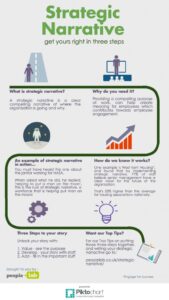 Strategic narratives about the future vary, but they tend to take one of two rough forms, argues Tufts University’s Daniel W. Drezner:
Strategic narratives about the future vary, but they tend to take one of two rough forms, argues Tufts University’s Daniel W. Drezner:
- Actors with positive expectations believe that the future distribution of power will be better for their country than the present distribution. In other words, the future is favorable, and events will reward strategic patience.
- Actors with negative expectations, by contrast, believe that the future distribution of power will be worse for their country than the present distribution. These actors see an unfavorable future and may feel the need to take immediate action to forestall decline.
 After decades of rhetoric about American decline and a democratic recession, U.S. policymakers can now speak of restored alliances and a determination to strengthen the liberal international order, he writes for Foreign Affairs:
After decades of rhetoric about American decline and a democratic recession, U.S. policymakers can now speak of restored alliances and a determination to strengthen the liberal international order, he writes for Foreign Affairs:
Less concerned about immediate threats, Washington might be able to reemphasize long-term objectives, such as reversing democratic backsliding and building a resilient set of rules for the twenty-first-century global economy. Despite rising Chinese pessimism, a strong United States, confident in its future and its role in the world, could retake its historic position within the international system.
On the other hand….RTWT







